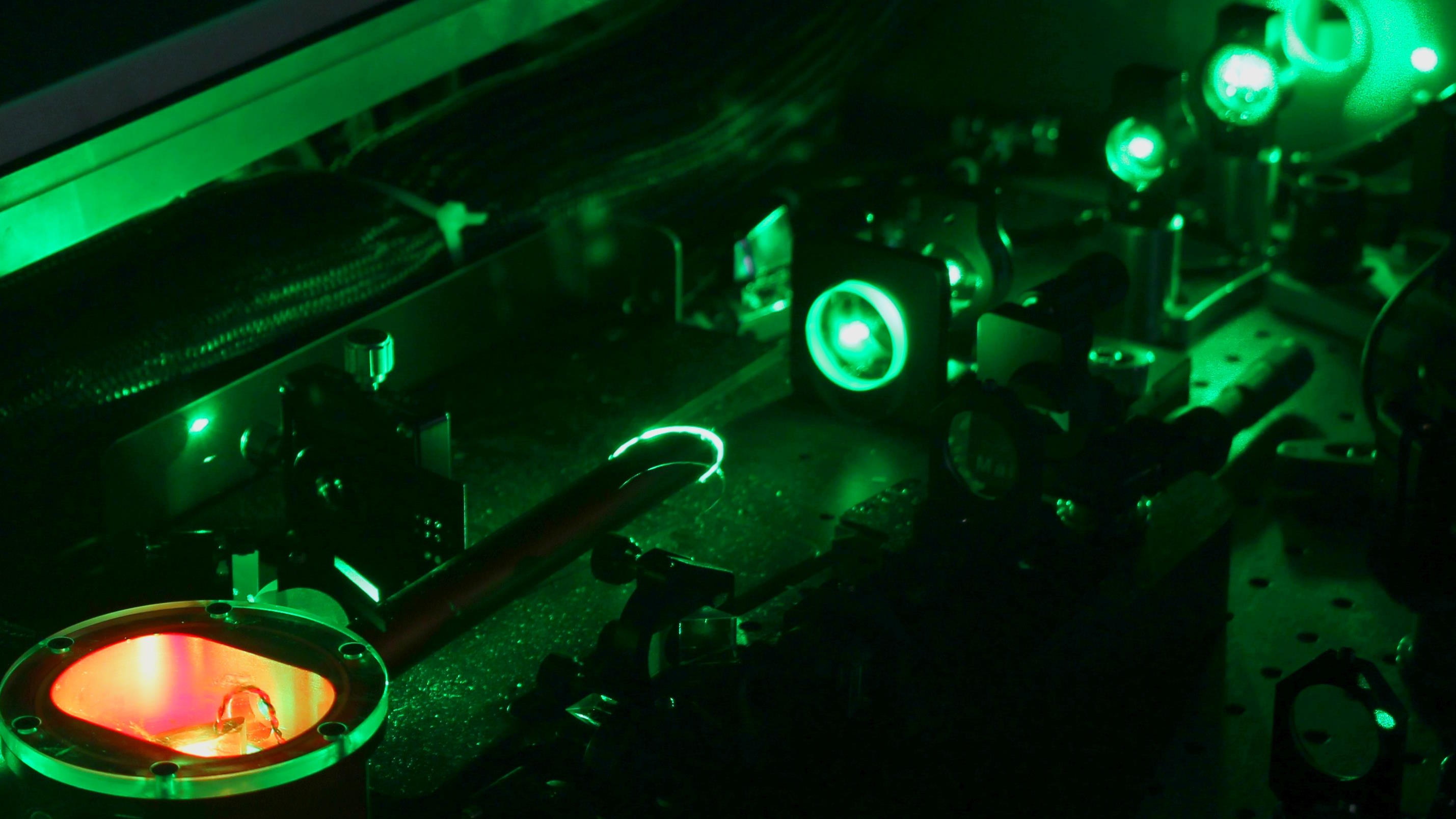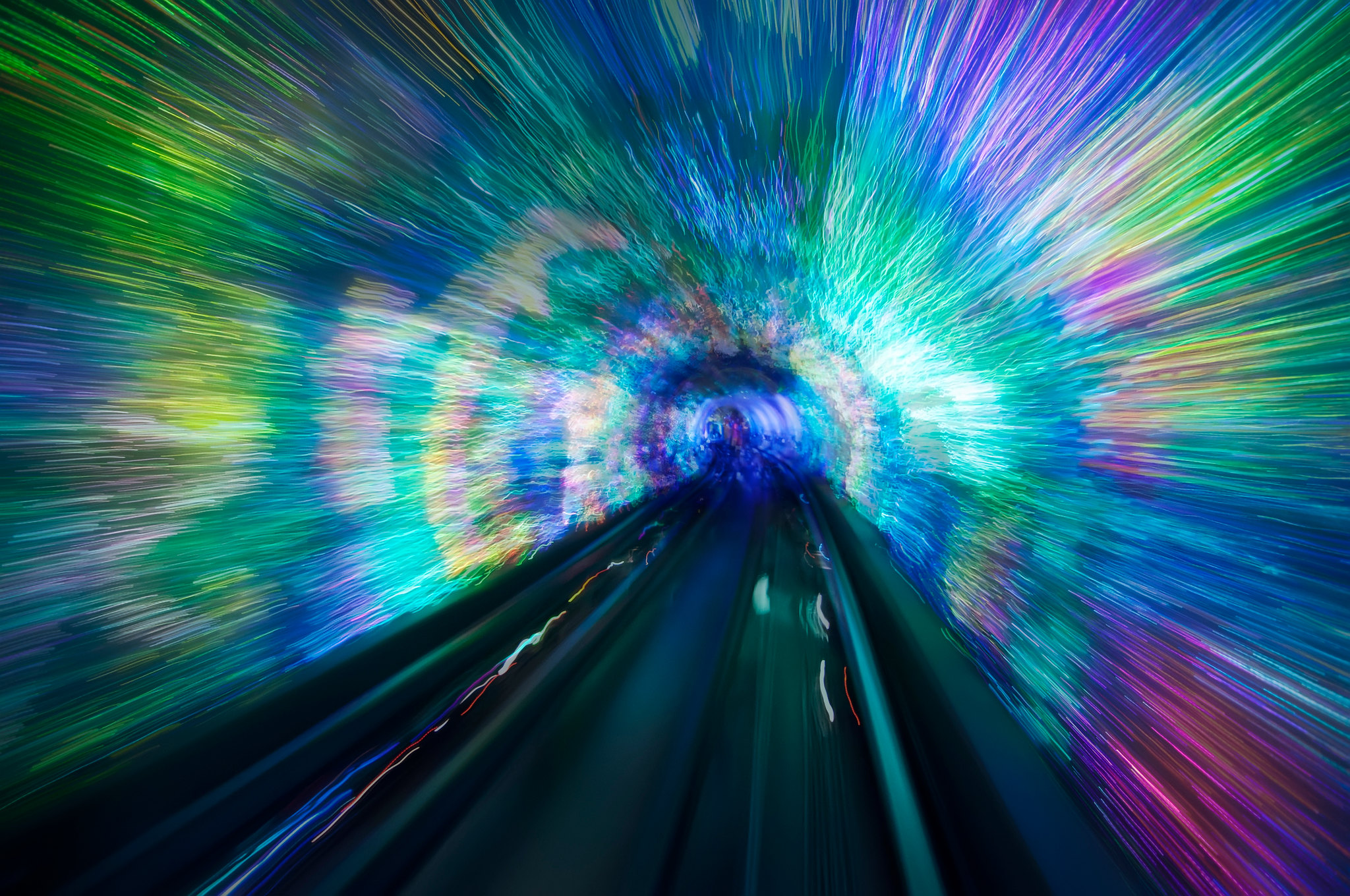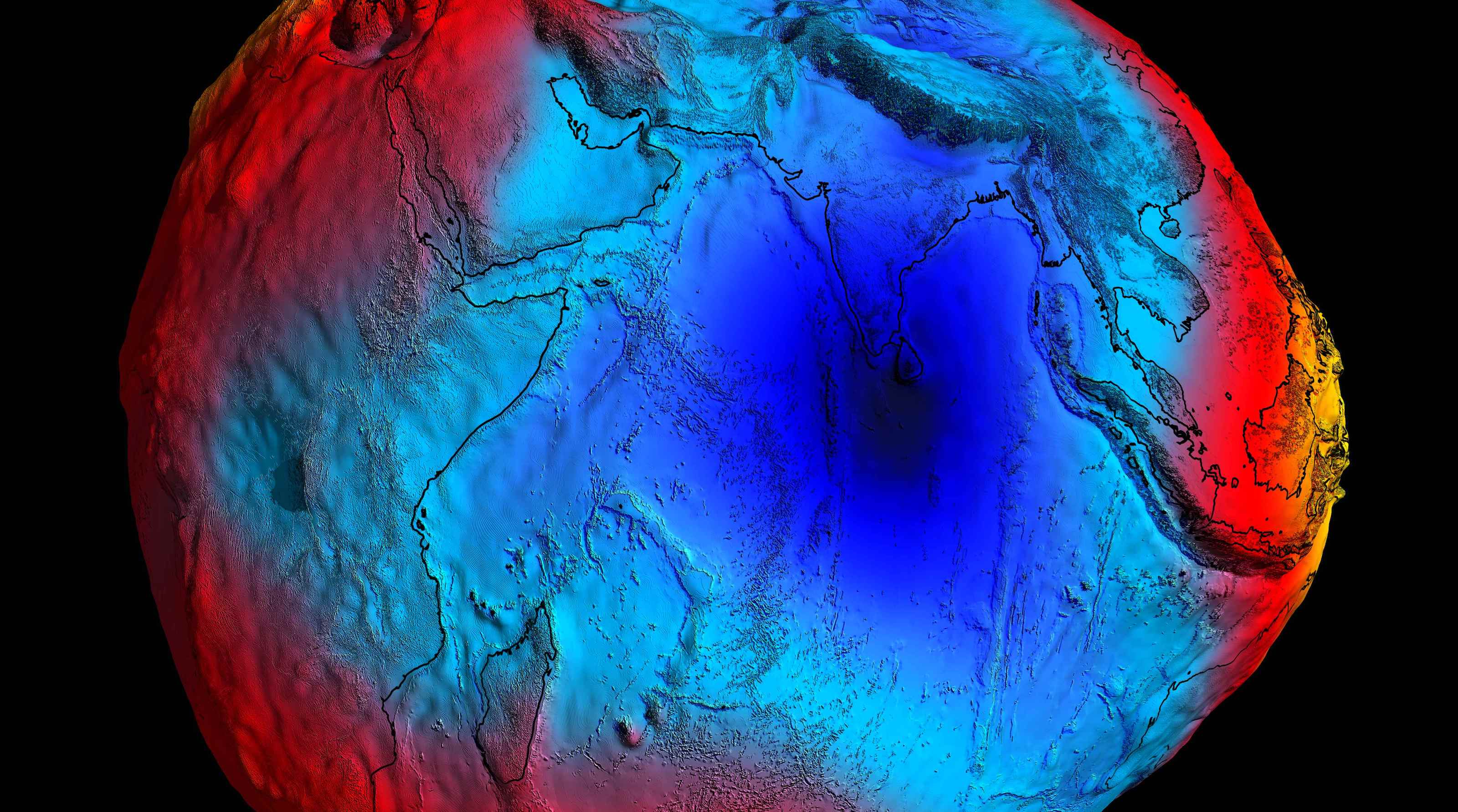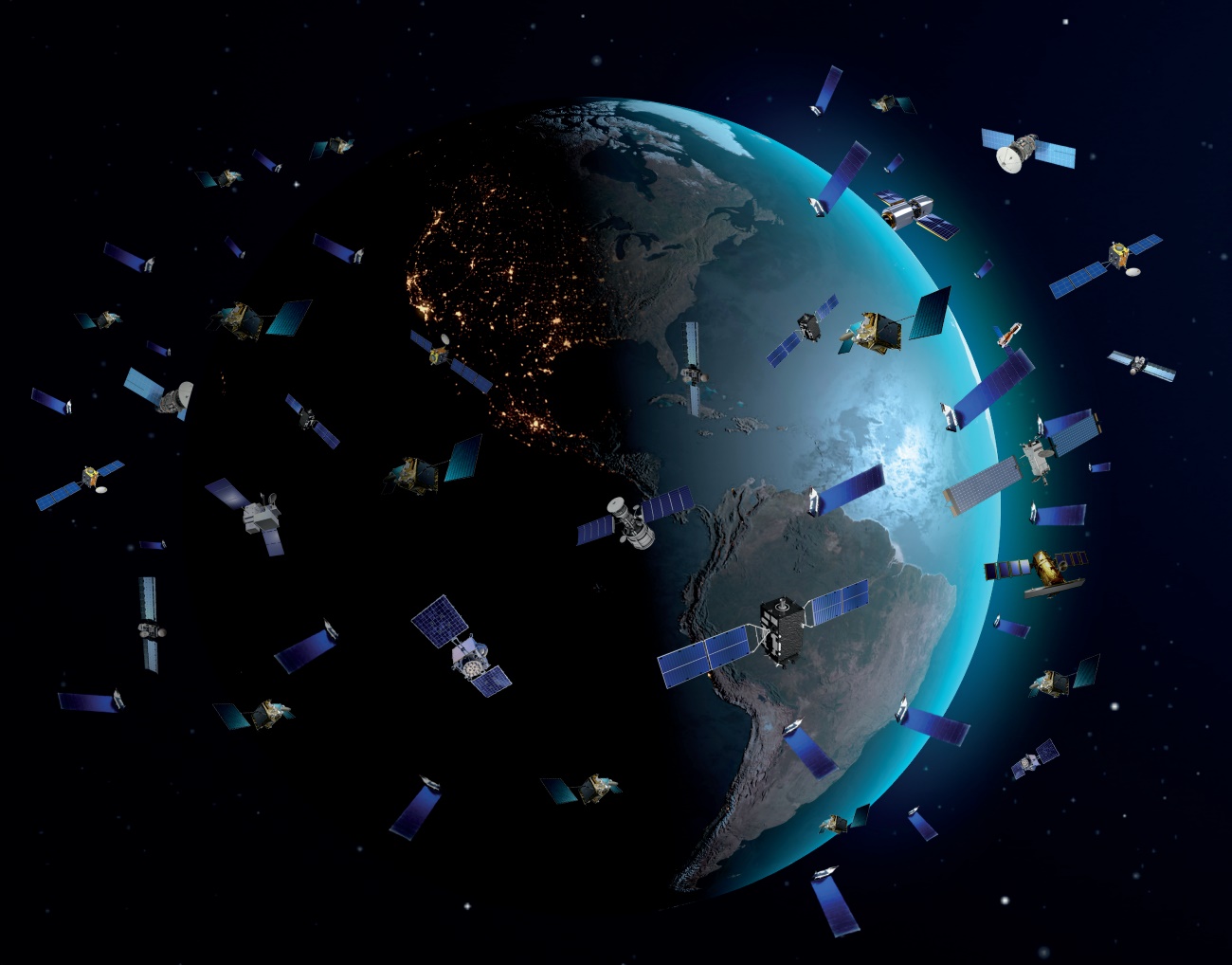Rooted in Vedic philosophy, “anupalabdhi” — or “non-apprehension” — can help you exploit gaps in the market.
All Articles
Science and technology were making early modern Europe a better place to live, but at what cost?
Step 1: Don’t solve the wrong problem.
Chronic pain is often driven by brain processes that can be reprogrammed.
They’re not just watching you; they’re also calculating.
New tech is a double-edged sword. Integration can be expensive and perilous: Mess up the adoption and jobs are on the line.
Our greatest tool for exploring the world inside atoms and molecules, and specifically electron transitions, just won 2023’s Nobel Prize.
There’s nothing like the end of the world to make you a philosopher.
In the quest to measure how antimatter falls, the possibility that it fell “up” provided hope for warp drive. Here’s how it all fell apart.
When the UK bans the American Bully XL this year, it won’t rely on science to identify them.
Australian soldiers fighting the Japanese recruited native New Guineans to their campaign.
Want to write a time-travel story? Do so at your own risk.
On Saturday, October 14, a solar eclipse crosses North and South America. Here are 4 quick, easy, low-tech activities for everyone to enjoy!
If not treated, the disorder drastically increases one’s risk of death.
Recent high-profile instances of fraud in psychology have led some to wonder if there’s anything useful about the field at all.
Seventy-five years after the anomaly’s discovery, scientists have finally figured out why sea levels are so much lower here.
The stench of death is actually fairly pleasant.
In an attempt to prove Christianity inferior to communism, a Soviet scientist hoped to play God.
Defamiliarization is a common tool in the arts. Here we learn how seeing things from a different angle can lead to billion-dollar success.
In a world without clocks, people used common activities in place of time units. How long it took you to go to the toilet mattered.
In work and life, the rules of success are being redefined.
The laws of physics don’t prefer matter over antimatter. So how can we be certain that distant stars & galaxies aren’t made of antimatter?
Could a theory from the science of perception help crack the mysteries of psychosis?
Within the next few decades, we may well have hard evidence for the existence of alien life on worlds light-years distant from Earth.
We used to think, “That email isn’t going to write itself.” But now it can, thanks to AI. And there’s so much more, from coding to marketing.
Historians have been able to piece together a clear picture of how the average Roman citizen spent their waking hours.
Just 12% of Americans account for half the country’s total beef consumption.
Your organization won’t become a “data democracy” organically — shared knowledge is key.
Space weather poses a tremendous threat to all satellites, knocking all computer systems offline. Is that a recipe for Kessler syndrome?





























